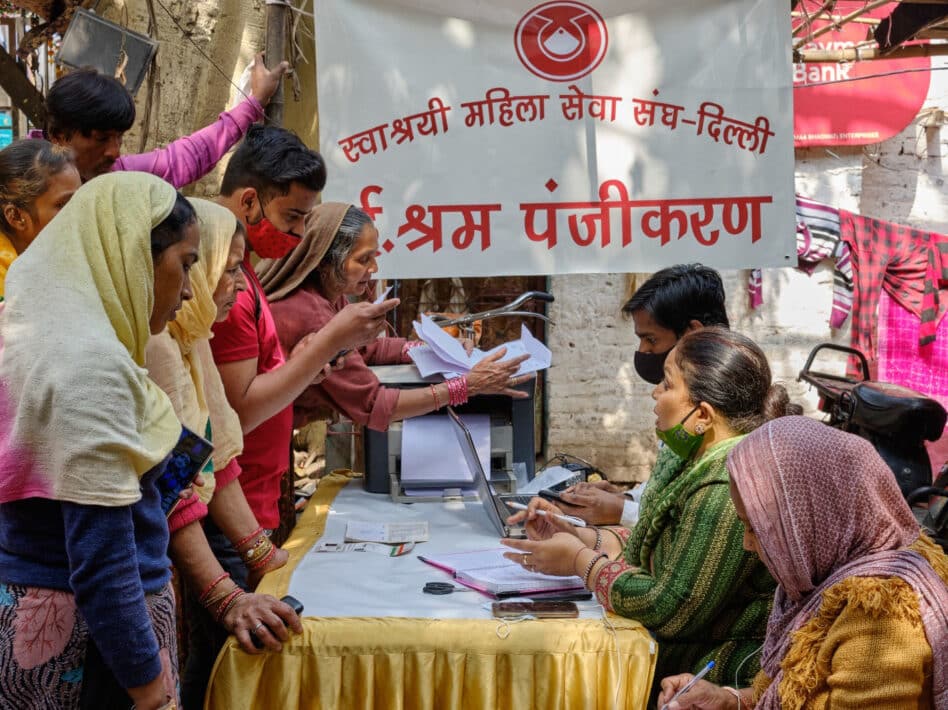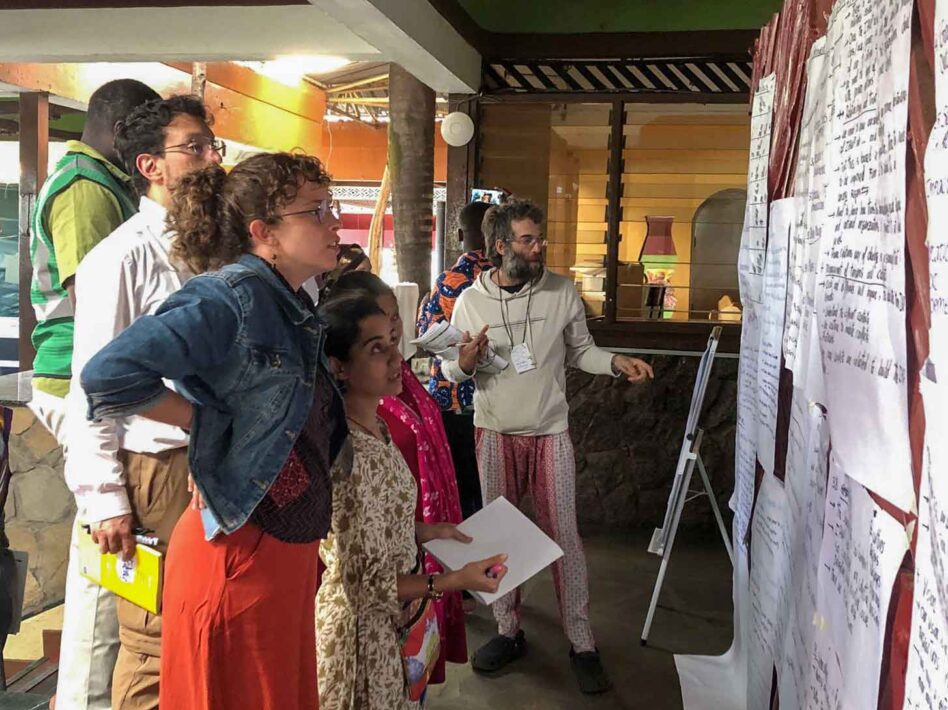How We WorkAbout the WIEGO Network
Organizations of workers in informal employment that are active in WIEGO are invited to become institutional members. Researchers, statisticians and professionals from development agencies who have collaborated with WIEGO are invited to join as individual members. As of 2024, the WIEGO Network has 153 members: 33 institutional members and 120 individual members.

